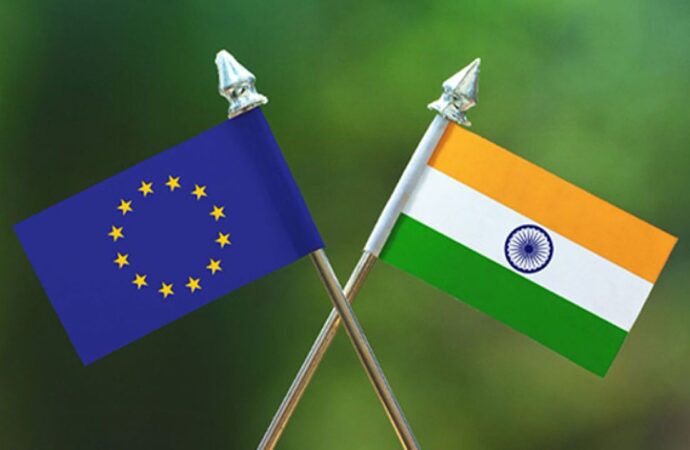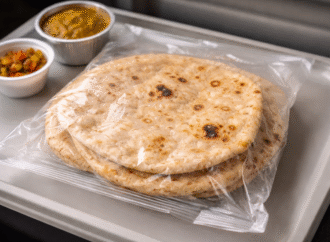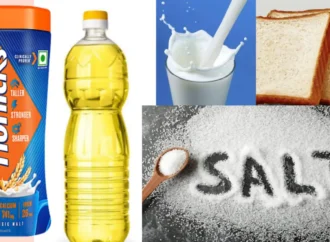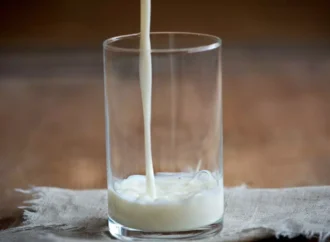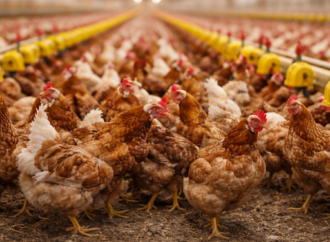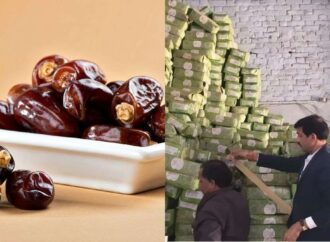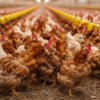Report
India and the European Union (EU) remain locked in a dispute over Sanitary and Phytosanitary Measures (SPS)—rules governing food and animal safety—during ongoing free trade agreement (FTA) negotiations. These standards are critical for agricultural trade and have emerged as a major sticking point, according to an EU status report released after the 12th round of discussions earlier this month.
Why This Dispute Matters
The EU is India’s largest and most lucrative market for agricultural products such as coffee, tea, spices, and rice. However, India’s exports to the EU have grown only marginally—from $3.02 billion in FY19 to $4.54 billion in FY25—largely because of the EU’s stringent food safety rules, which often exceed global benchmarks. For Indian exporters, these rules create compliance challenges and increase costs.
India’s Key Concerns
India argues that the EU’s norms on pesticide residues and contaminants are far stricter than international standards set by the World Health Organization (WHO) or the Codex Alimentarius Commission. For instance:
-
Peanuts: The EU allows only 2 µg/kg for aflatoxin B1 and 4 µg/kg for total aflatoxins, while Codex permits up to 15 parts per billion (PPB).
-
Spices: EU caps aflatoxin B1 at 5 PPB and total aflatoxins at 10 PPB, whereas the US allows 20 PPB for all spices.
India has also raised concerns over the EU’s ban on methyl bromide fumigation, a treatment Indian exporters commonly use to meet plant health requirements in other markets.
Why the EU Won’t Budge
The EU insists its measures protect consumer health, citing the cancer risks posed by aflatoxins, which naturally occur in crops like peanuts, maize, and rice. EU officials point out that European consumers expect the highest food safety standards, making any relaxation politically difficult.
Current Status of Talks
Negotiations have inched forward on technical issues such as listing approved establishments and regionalisation. However, crucial points like harmonisation of standards, dispute settlement, and technical consultations remain unresolved. The EU wants India to adopt tighter food safety protocols, while India seeks flexibility so exporters can meet global—not just EU-specific—standards. Until these gaps close, Indian agricultural exporters may continue struggling to tap the EU’s high-value market. Both sides are expected to resume talks before the next round, but progress on the SPS chapter will be key to sealing the deal.
Source: The Indian Express
 Food Manifest
Food Manifest 